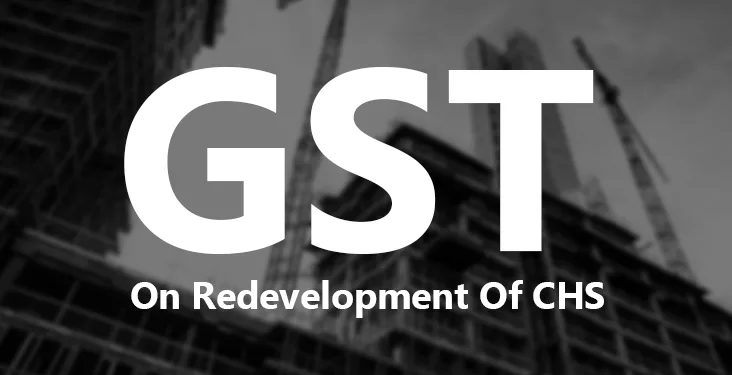Redevelopment of the co-operative housing society is currently underway in full swing in Mumbai. However, several issues related to the goods and services tax (GST) in redevelopment projects have resulted in legal disputes. There are also appeals to the finance ministry to streamline the tax system.
Typically, members of a cooperative housing society collectively transfer their development rights to a developer. After the project’s completion, they receive a new flat in exchange for their old one.
The developer utilizes the additional floor space index (FSI) under redevelopment regulations to construct extra flats for sale in the open market. This helps cover the cost of rehabilitation for the original members, but GST adds a triple tax burden, impacting project viability. The first GST incidence, at 18%, occurs when development rights are transferred to the builder.
It’s important to note that no GST is levied on the transfer of development rights if all flats constructed using FSI are booked before the receipt of a certificate or first occupancy by a buyer/member, whichever comes first. In other cases, a partial exemption based on a prescribed formula is available.
Developers face another 18% GST incidence during the construction phase, with no input tax credit for expenses like cement or steel. A 5% GST incidence also arises when new flats are transferred to cooperative housing society members.
These tax challenges have led to litigation and appeals for reform, including the removal of GST on flats provided in redevelopment projects.
Various legal viewpoints and proposals exist, and the matter is pending before the Supreme Court.









